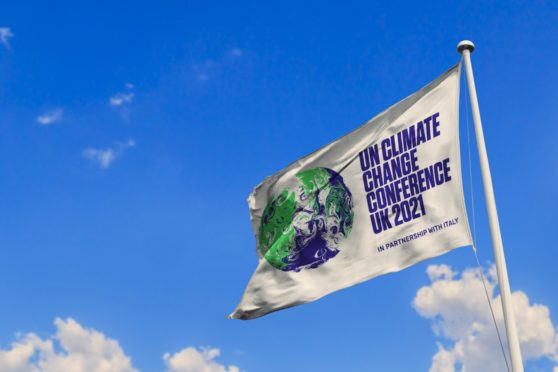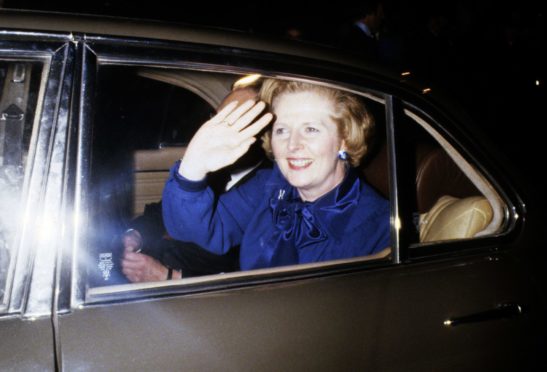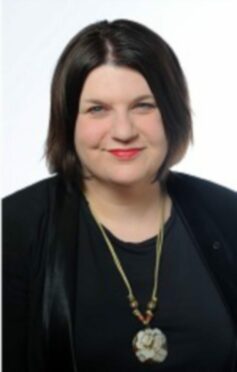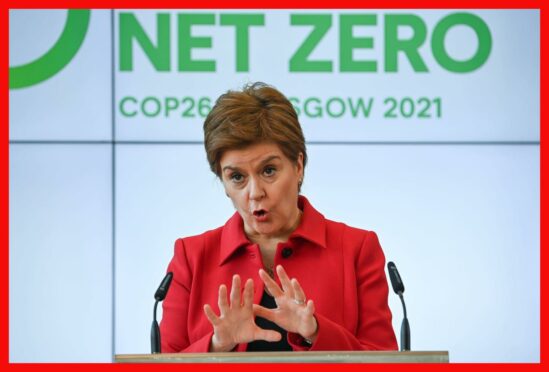Rats, piles of rubbish and fly-tipping epidemics are problems “not unique” to Glasgow, its council leader has said, a week before Scotland welcomes COP 26.
SNP administration leader Susan Aitken called questions surrounding Scotland’s biggest city and its issues on cleanliness “gratuitous”, before doubling-down on claims Edinburgh faced bigger problems with its bins.
Recycling staff across Glasgow are set to strike during the summit, which will see around 30,000 people descend on the city from across the globe for the UN event.
Ms Aitken gave evidence along with leaders in the hotel industry and climate change to the Westminster Scottish Affairs Committee, chaired by SNP Perth and North Perthshire MP Pete Wishart.
The council’s head of communications Colin Edgar, suggested although 30,000 was “relatively” large, it was still only half the attendance of fans at a regular Rangers football match, meaning the council was prepared for the influx in the city.
Around 150,000 protesters are expected on November 6, but this is well below the figures which have been recorded at previous COP events.
The affairs committee took place at the same time First Minister provided a speech to students in Glasgow, where she admitted Glasgow faced “some challenges”.
Pandemic
Ms Aitken was questioned on the state of Glasgow ahead of the event and previous comments which had been “ridiculed”.
She said Glasgow faced issues as a “transitioning city” and some of the blame could be put on the Thatcher government of the late 1980s and early 1990s.
Because of the Covid pandemic, she added, additional strains have been placed on the city’s refuse teams.
“While public services, generally, have been impacted by the pandemic, cleansing services have been very strongly impacted,” she said.
“Glasgow has not been the worst impacted in Scotland…but perhaps because of COP 26 there has been a particular focus on us.”
She added: “I was in London a few weeks ago…and I have a folder full of pictures of rubbish (taken there).
“Edinburgh, according to keep Scotland beautiful, was actually worse impacted by these issues during the pandemic.”
When asked by Scottish Conservative leader Douglas Ross if she regrets saying Glasgow just needed a “spruce-up” ahead of COP 26, Ms Aitken said: “I do not in anyway shy away from the challenges we face as a city, historic challenges that have been around for many years, much of them a legacy of our post-industrial past when the Thatcher government walked away and abandoned and left in neglect communities across the city.”
Delusional
Scottish Conservative MSP for the Glasgow region, Dr Sandesh Gulhane said Ms Aitken’s comments were “completely delusional”.
He said: “Glasgow is a mess and its SNP-led city council is utterly out of its depth.
“We’ve heard a lot of far-fetched excuses from Susan Aitken over the past few months, but the idea that Margaret Thatcher is to blame for the current state of Glasgow’s streets, absolutely takes the biscuit.
“The disgraceful state of our city right now is due to nothing other than years of SNP incompetence.
“Susan Aitken must now stop the excuses and urgently produce some solutions – not only for COP26 in a week’s time, but for the people of Glasgow who live here all year round.”
First Minister speech
Speaking at an event at Strathclyde University in Glasgow ahead of the giant UN conference getting under way on Sunday, Ms Sturgeon warned that even keeping temperature rises to 1.5C would not prevent all the damaging impacts of climate change.
Limiting temperature rises to as close to 1.5C as possible was one of the key agreements from the Paris climate summit in 2015, with the upcoming Cop26 event in Glasgow being seen as a chance to step up efforts towards achieving that.
The First Minister continued: “The hard fact is this: ‘Keeping 1.5 alive’ – which has become the strapline almost for COP 26 – is vital. It mustn’t become a face-saving slogan. It must be real.
“And both in the run-up to and at Cop itself, there needs to be a significant uplift in ambition from the world’s biggest-emitting countries to make that real.
“And each and every country gathered round the negotiating table also knows the action that is needed to prevent it. So there is not excuse for failing to act.”
She issued the challenge as she made clear that “justice and fairness will be central to Scotland’s whole approach to COP 26”.
Ms Sturgeon went on to pledge to “work to ensure that leaders of my generation understand that failure to act now would be a betrayal of young people around the world”.
Asked about the state of Glasgow, she added: “I think there are challenges in Glasgow and challenges in cities across Scotland, the UK, the world – some of them related to Covid, some of them more fundamental than that.
“I’m not going to stand here and say they don’t exist in Glasgow.
“I think Glasgow is ready for COP 26.
“Glasgow – as it has been with big events in past years – will be an excellent host for CO 26 and that’s important.
“But – as all countries do – we have challenges in our public services and how we make sure they’re delivering in the post-Covid era.”




